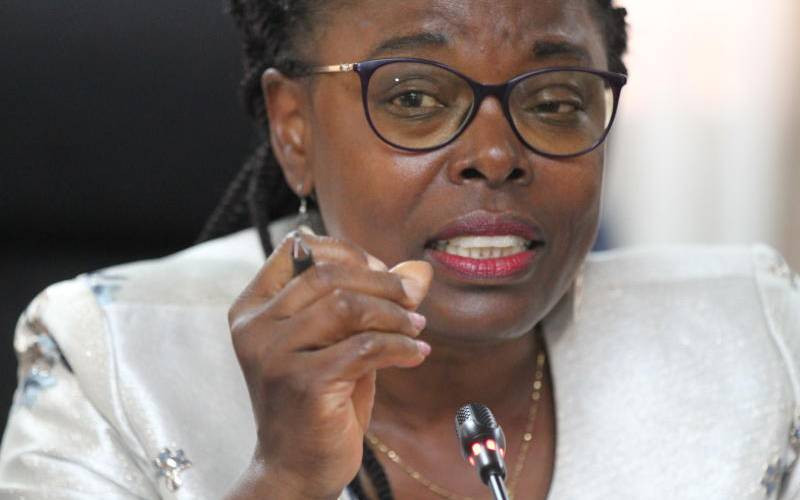
High Court has stopped the Controller of Budget (CoB) from authorising the release of equalisation funds meant for marginalised areas in a battle on sharing criteria of the 2022-2023 allocation.
Justice John Onyiego suspended a policy that dictates revenue sharing among marginalised areas until an application filed before him by four petitioners is heard. "Restraining order is hereby issued against the respondents from implementing the Commission on Revenue Allocation (CRA) second policy and criteria 2022/2023 for sharing revenue amongst marginalised areas pending the hearing and determination of this application inter parties,'' ruled Justice Onyiego.